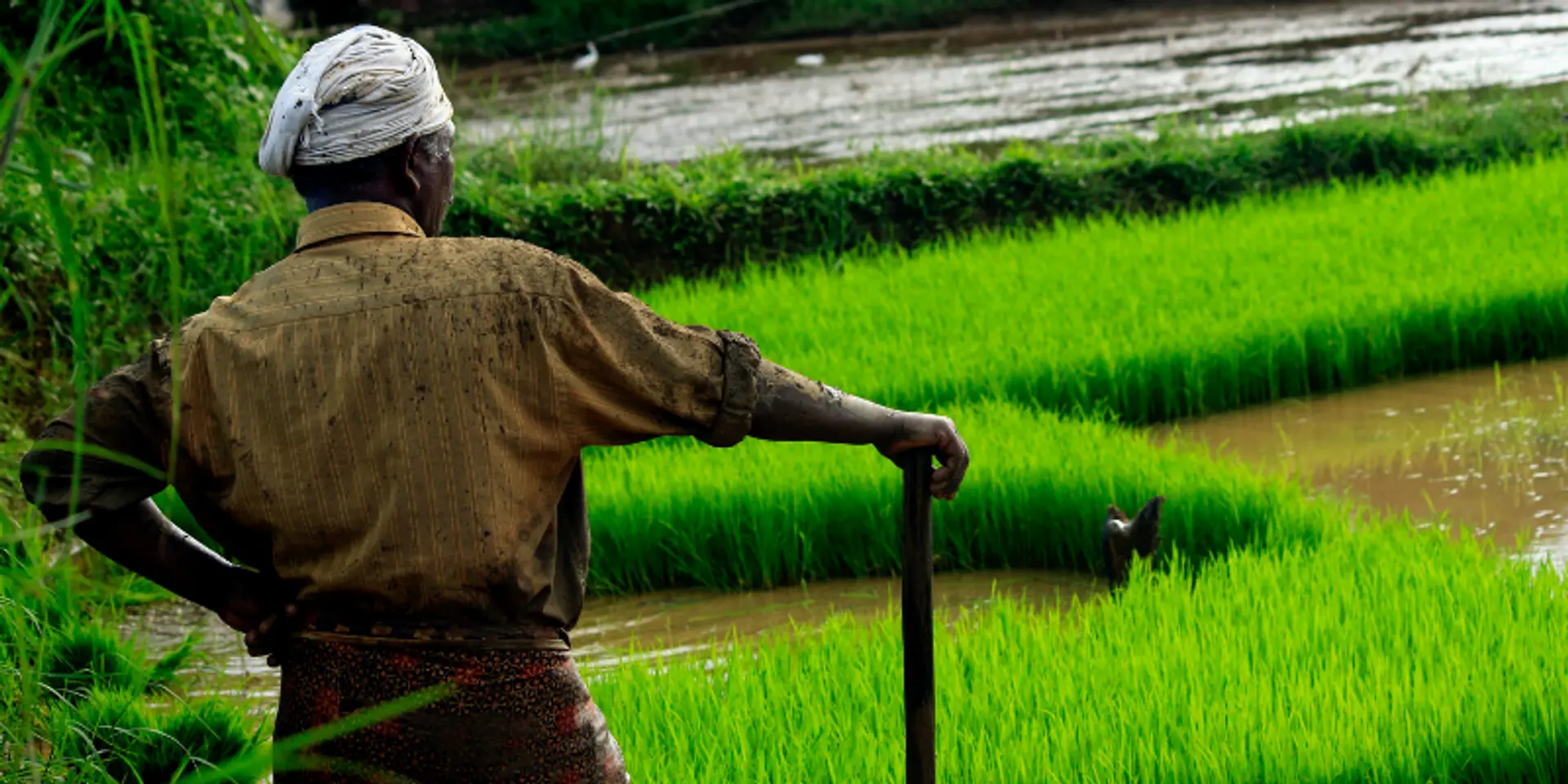NITI Aayog launches climate-resilient agri-food investment forum
This initiative aims to create an investment and partnership strategy focused on developing climate-resilient agri-food systems in India.
NITI Aayog, the Ministry of Agriculture and Farmers’ Welfare, along with the United Nations Food and Agriculture Organisation (FAO), on Thursday launched an investment forum for advancing climate-resilient agri-food systems in India.
This initiative, launched on January 18, aims to create an investment and partnership strategy focused on developing climate-resilient agri-food systems in India by collaborating with the government, private sectors, farmers' organisations, and financial institutions to drive sustainable agricultural practices amid climate challenges.
During the launch, Ramesh Chand, Member of NITI Aayog, emphasised raising awareness about the agriculture sector's role in climate change, considering it accounts for slightly over 13% of total greenhouse gas emissions in India.
He added that agriculture could play a role in carbon sequestration through tree plantation on farmland and suggested adopting a new method to conduct an economic analysis of agriculture production. He also proposed incorporating metrics beyond financial prices to evaluate the economic impact of agricultural activities.
Manoj Ahuja, Secretary of the Ministry of Agriculture and Farmers’ Welfare, emphasised the need for a collaborative approach to tackle climate challenges, particularly for small and marginal farmers, who comprise 85% of India's farming population.
He underscored the need for local solutions to tackle the spatial and temporal distribution of climate patterns affecting farming activities. Ahuja highlighted the need to provide greater incentives for farmers across India.
In addition, Shombi Sharp, UN Resident Coordinator in India, observed that with food demand predicted to grow by at least 50% by 2050, more investment must be made in making farming resilient to climate change.
FAO Representative in India, Takayuki Hagiwara, stressed the importance of reducing risks in agriculture, including working capital flow, labour availability, sustainability, environmental impact, the involvement of women in agri-food systems, and other relevant considerations.
The stakeholders held discussions on six key areas–climate resilient agriculture, digital infrastructure and solutions, financing climate resilient agri-food systems (domestic and global), climate-resilient value chains, production practices and inputs for climate resilience and gender mainstreaming, and social inclusion for climate resilience.
Edited by Suman Singh







